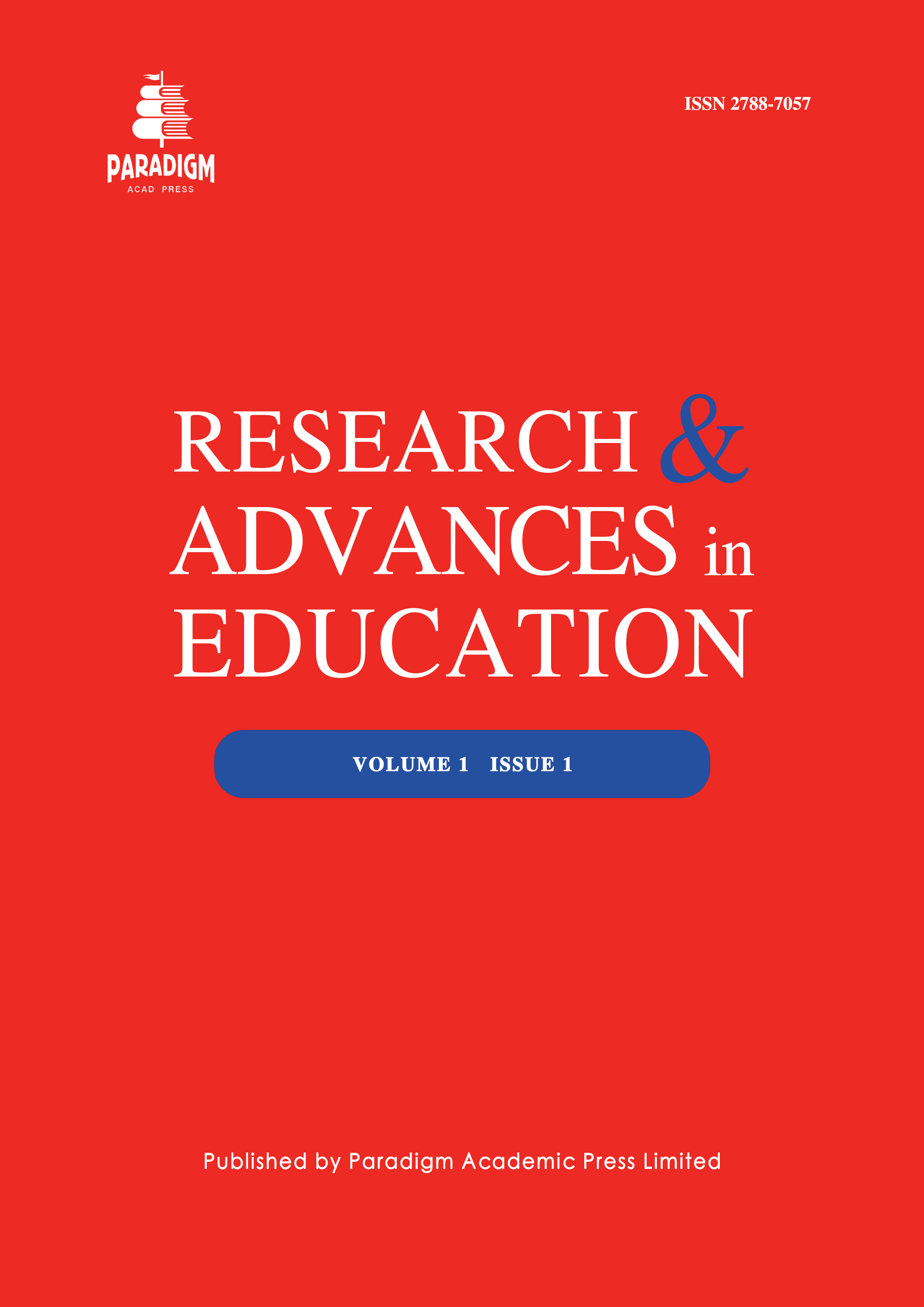The Role of Interactive Reading Strategies in Enhancing Reading Comprehension of Lower Primary Students
Keywords:
reading comprehension, interactive reading strategies, lower primary studentsAbstract
Reading comprehension is a critical skill for young learners, laying the foundation for academic success and lifelong learning. This paper explores the role of interactive reading strategies in enhancing the reading comprehension of lower primary students in the United Kingdom. These strategies, which emphasize active participation, collaboration, and critical engagement with texts, have demonstrated significant potential in addressing the cognitive, social, and emotional dimensions of literacy development. The study examines key components such as questioning, predicting, visualizing, and group reading, highlighting their impact on critical thinking, vocabulary acquisition, and peer collaboration. It also discusses the challenges of implementing these strategies, including resource limitations, time constraints, and variability in teacher expertise, and offers targeted recommendations for overcoming these barriers. Using a multi-dimensional analysis supported by data visualization, the paper underscores the effectiveness of interactive reading strategies in fostering equitable literacy outcomes and narrowing educational disparities. The findings suggest that integrating these strategies into classroom practices can empower students to achieve deeper comprehension, greater confidence, and a lifelong passion for reading, contributing to the overall literacy goals outlined in the UK’s National Curriculum.


